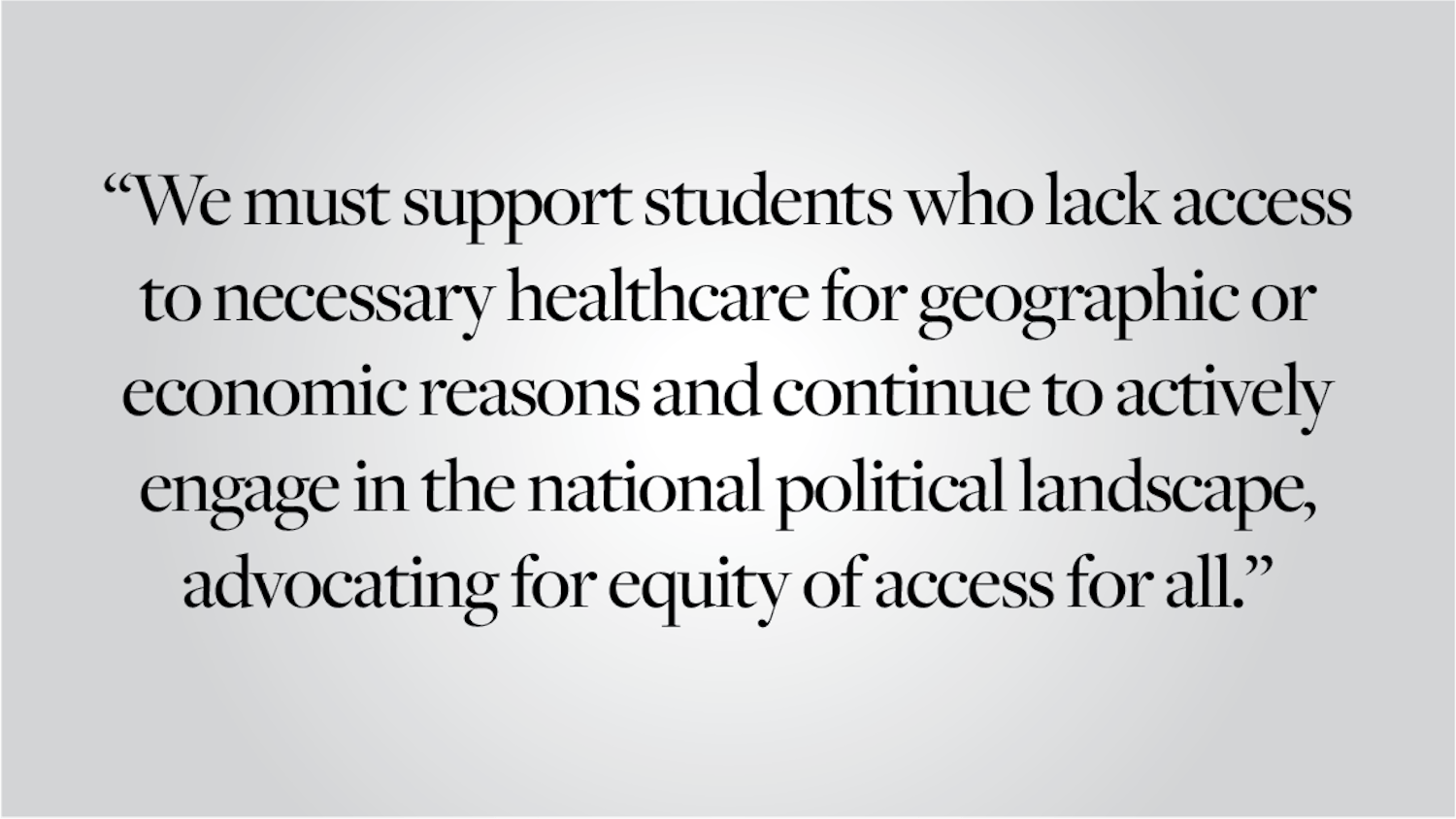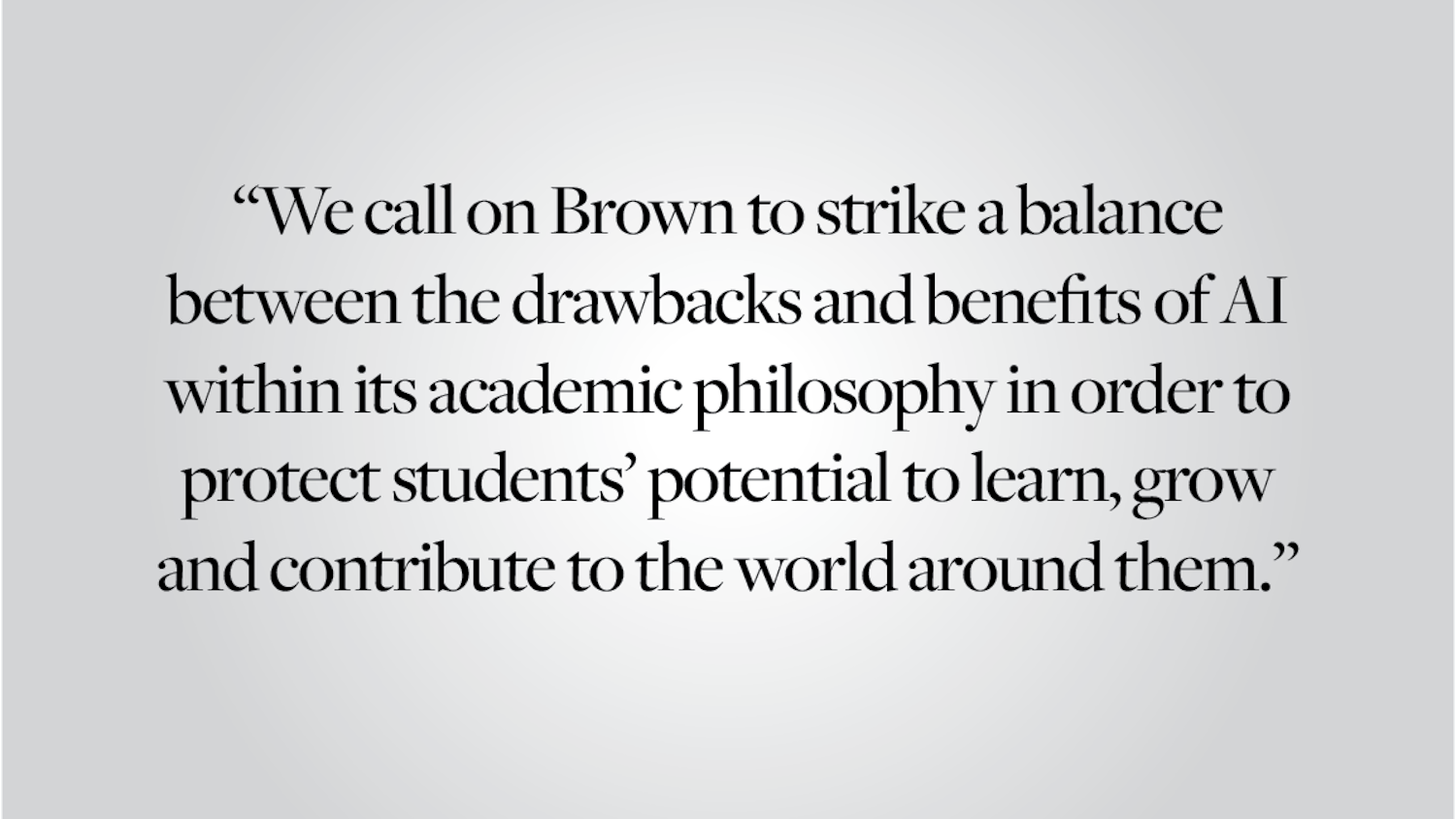A renewed focus and approach to environmental studies — “Sustaining Life On Earth” — is one of the seven major themes identified in the University’s new strategic plan. President Christina Paxson and the Corporation have aptly recognized that environmental change is a pressing issue that “can threaten global supplies of food and water, harm human health, and undermine the stability of societies around the world.” Expanding the resources and scope of the environmental studies progrm is a crucial area that the University must continue to consider over the next decade.
As the University continues to increase the capacity and resources of science, technology, engineering and mathematics departments, environmental studies should not be overshadowed. Oftentimes, environmental science is trivialized as a soft science in comparison to other, more “practical” sectors such as engineering and technology. The University has done a valuable service by recognizing that environmental sustainability is perhaps one of the most pressing concerns for the generations to come, and the changes in store for the department should echo this attitude.
In addition, the Center for Environmental Studies must maintain its interdisciplinary approach to research and learning. Paxson has said the University would “seriously consider” creating an institute for the environment and human society. While we should praise the initiative to expand the resources and self-sufficiency of CES, we also hope the department continues to collaborate with other fields of study. CES has already made much-needed changes to make its curriculum more focused and comprehensive, although there is still work to be done. Recognizing that the old tracks were too broad and made advising difficult, the department has introduced four new courses to its core requirements including ENVS 1350: “Introduction to Environmental Economics.” Though introducing an economics requirement inspired controversy, we approve of this decision: CES should recognize that an understanding of economics is especially pertinent to understanding environmental and resource issues.
Along the same lines, CES will soon begin implementing a new curriculum with a fresh offering of tracks. Among the subject areas, CES is introducing both “Air, Climate and Energy; Conservation Science” and “Policy; Land, Water and Food Security and Sustainability in Development.” Students have suggested CES grow its selection of courses related to environmental food and health. Given the changing climate and increasing food-related epidemics, the department would be astute to introduce a track focused on these issues.
As the University celebrates 250 years of history, the 250 years to come will present new challenges and responsibilities. As the strategic plan aptly pointed out, climate change and environmental sustainability are two areas of focus we must continue to tackle and adapt toward.
Editorials are written by The Herald’s editorial page board: its editor, Rachel Occhiogrosso, and its members, Daniel Jeon, Hannah Loewentheil and Thomas Nath. Send comments to editorials@browndailyherald.com.
ADVERTISEMENT




